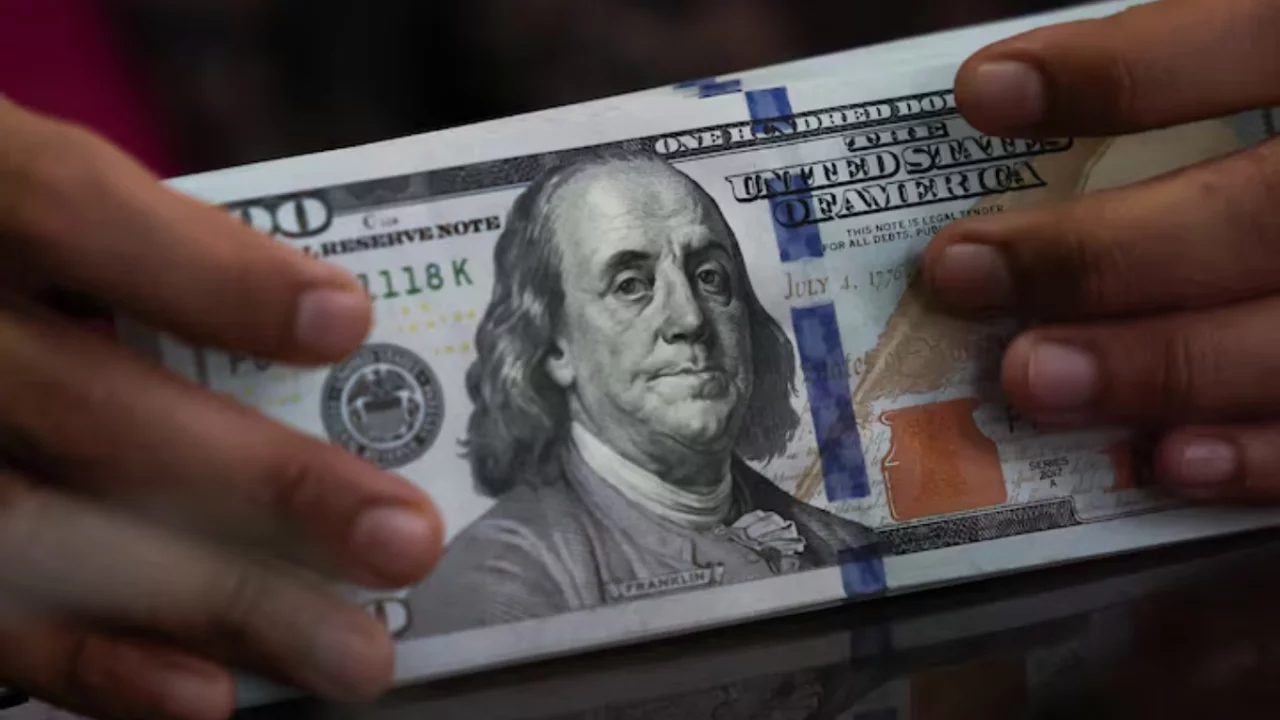The New U.S. Tax Policy Is Affecting Global Currency Markets

The U.S. dollar has remained stable this week against the euro, Japanese yen, and other major currencies. This is due to the new tax policy promoted by the administration led by President Donald Trump, strong labor market indicators, and trade policy news, according to Reuters.
Stronger-than-expected economic data supported the dollar.
According to the final June report from the U.S. Department of Labor, 147,000 new jobs were created in the country. This figure is significantly higher than the 110,000 forecasted in a survey conducted by U.S. media. As a result, market participants’ confidence that the U.S. Federal Reserve (FED) will not change interest rates at the July meeting increased from 76.2% to 95.3%. Experts believe that the possibility of rate cuts will be delayed at least until September.
The tax reform package called the “Big, Beautiful Law,” proposed by the Trump administration, was approved by the House of Representatives. The law, totaling $3.4 trillion, provides for new expenditures and tax incentives. However, it is expected to increase the total U.S. national debt to $36.2 trillion. This may pose a long-term risk to financial stability and the bond market.
Although U.S. financial markets were closed due to the Independence Day holiday on July 4, investors are focused on July 9. On that date, Trump plans to introduce new tariffs on countries that have not signed trade agreements with the U.S., including Japan. This introduces uncertainty into international trade relations.
On Friday, the euro rose by 0.1% against the U.S. dollar to $1.1769. The British pound climbed to $1.3668, while the Japanese yen was trading at 144.69 per dollar. The Australian dollar stood at $0.6577, and the New Zealand dollar rose by 0.2% to $0.608. These increases indicate a growing investor appetite for riskier assets.
These global financial developments are also directly relevant to Uzbekistan’s economy. The stability or strengthening of the U.S. dollar can affect the prices of imported raw materials and technologies, as well as international trade settlements. Changes in interest rates by major central banks may also impact Uzbekistan’s cooperation with international financial institutions and loan conditions.
Currently, global currency markets remain volatile, but investors maintain confidence in the U.S. dollar based on strong economic fundamentals and positive trade outlooks. Read “Zamin” on Telegram!
Ctrl
Enter
Found a mistake?
Select the phrase and press Ctrl+Enter 















